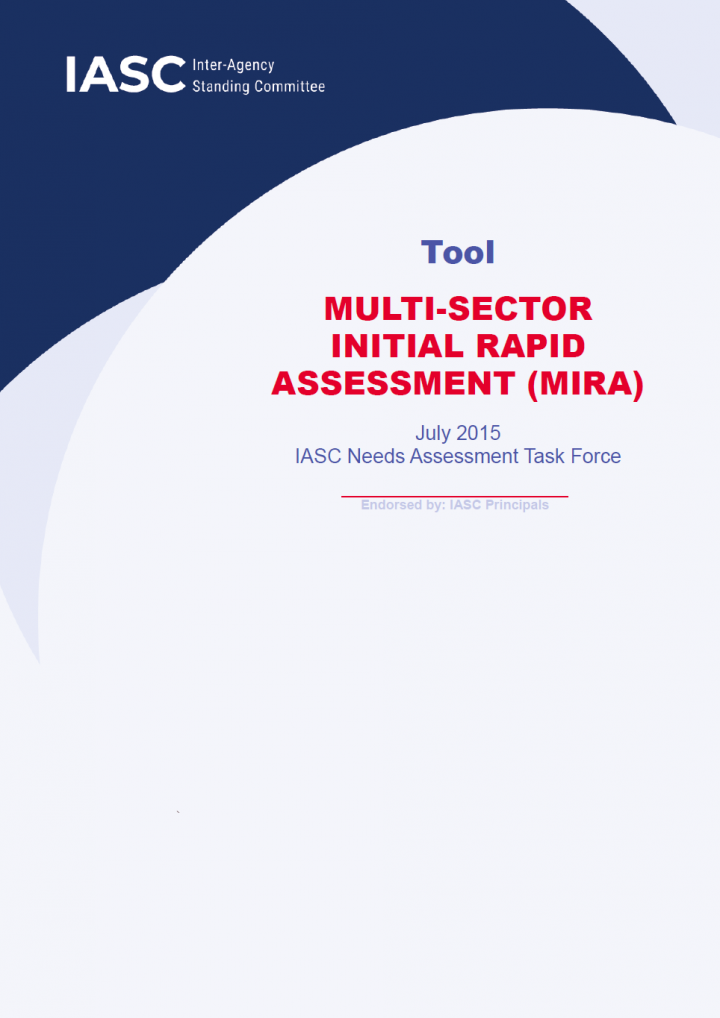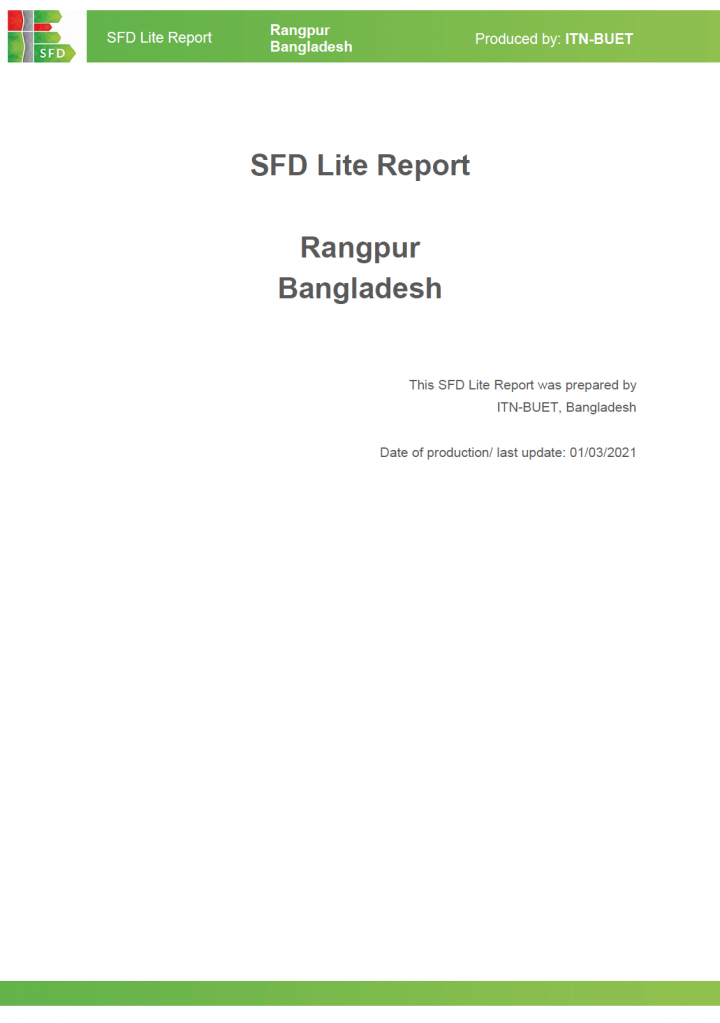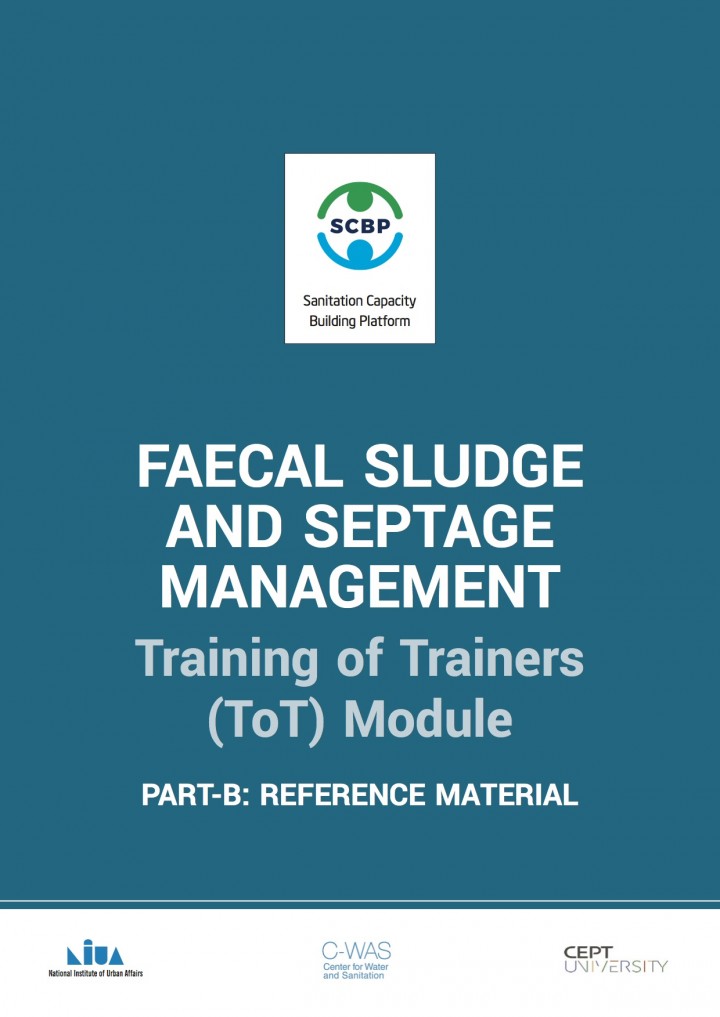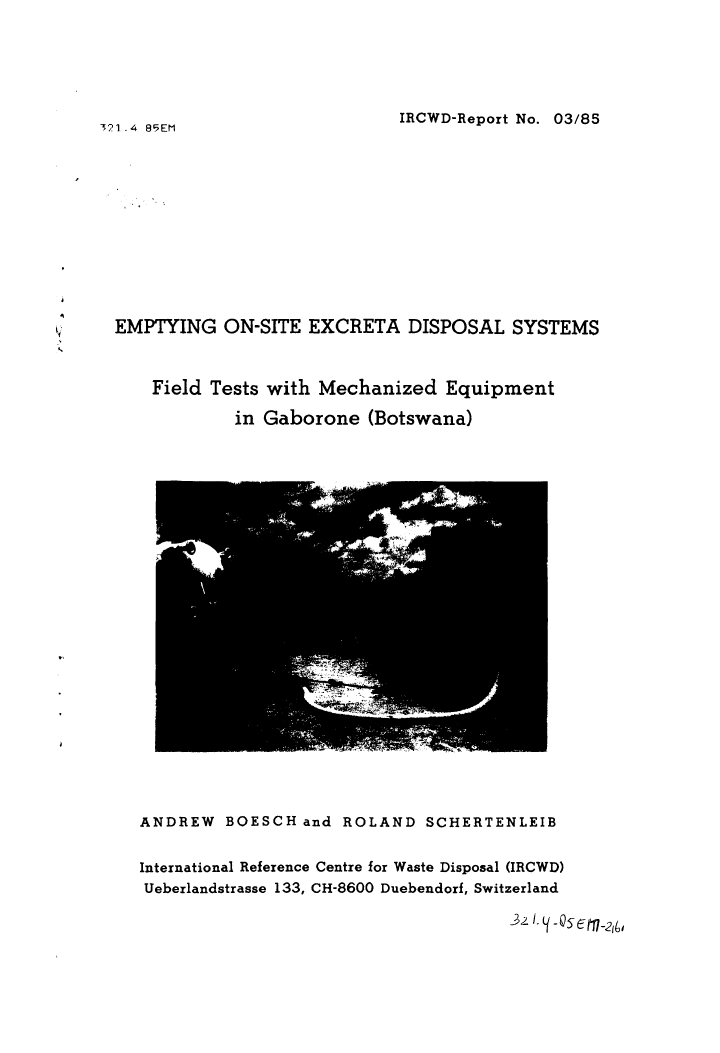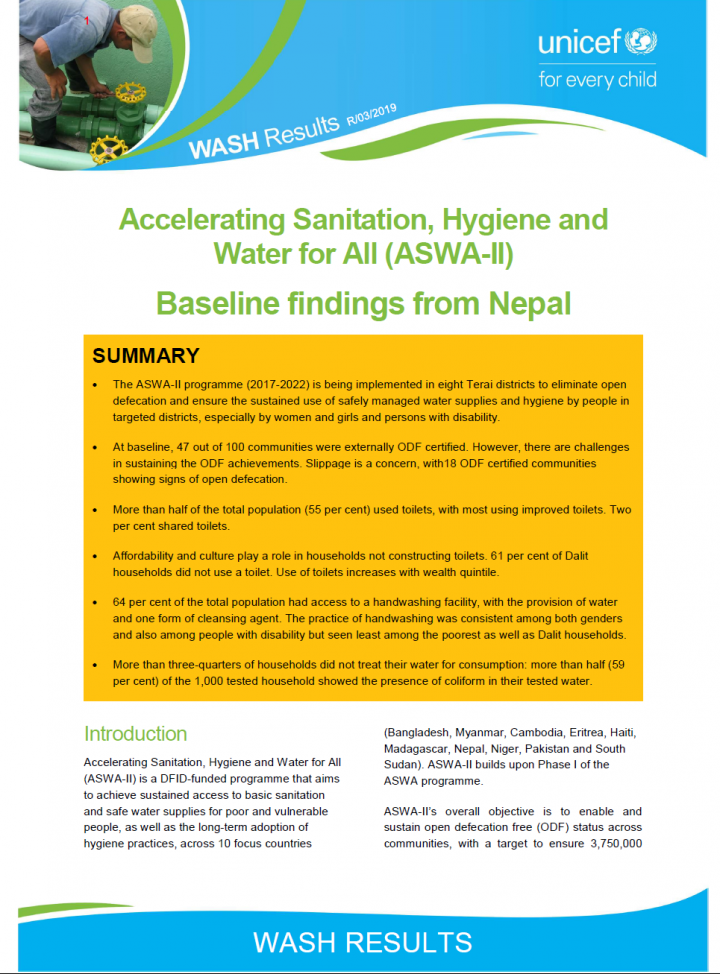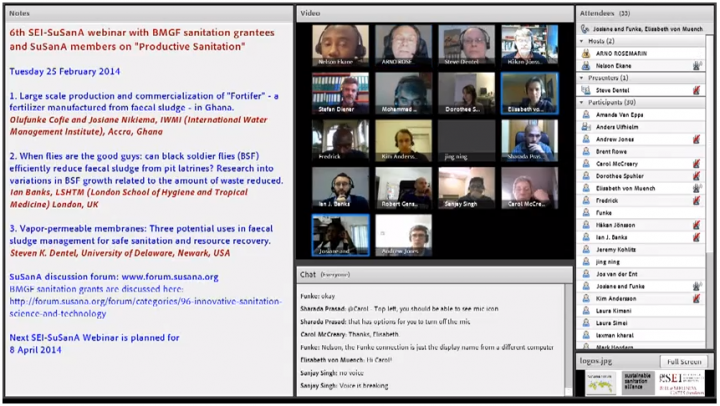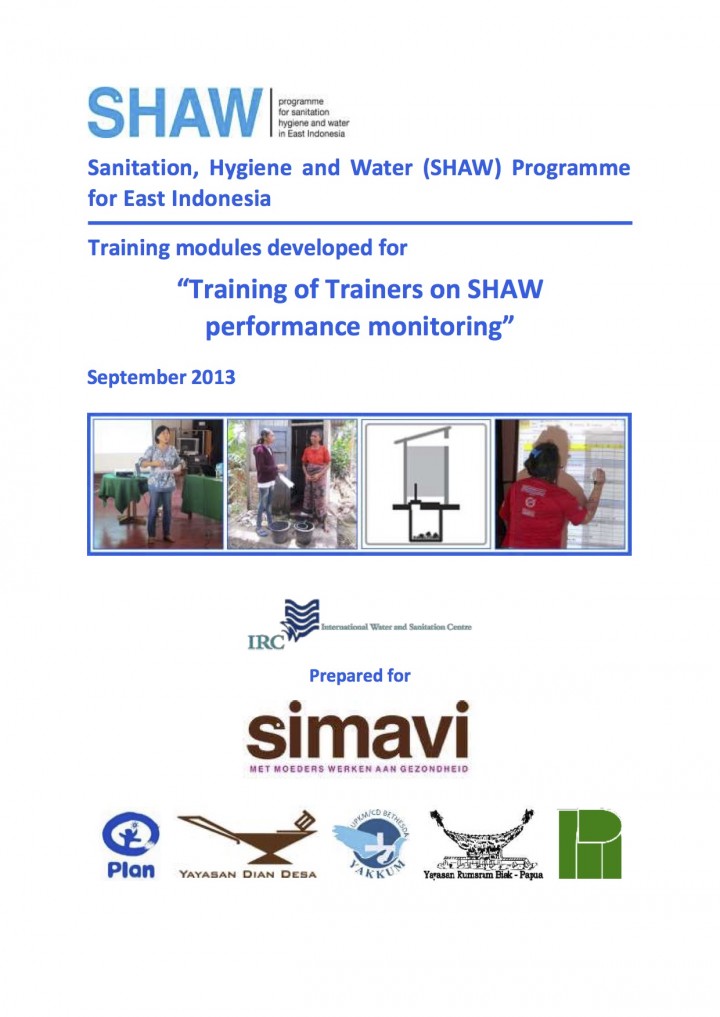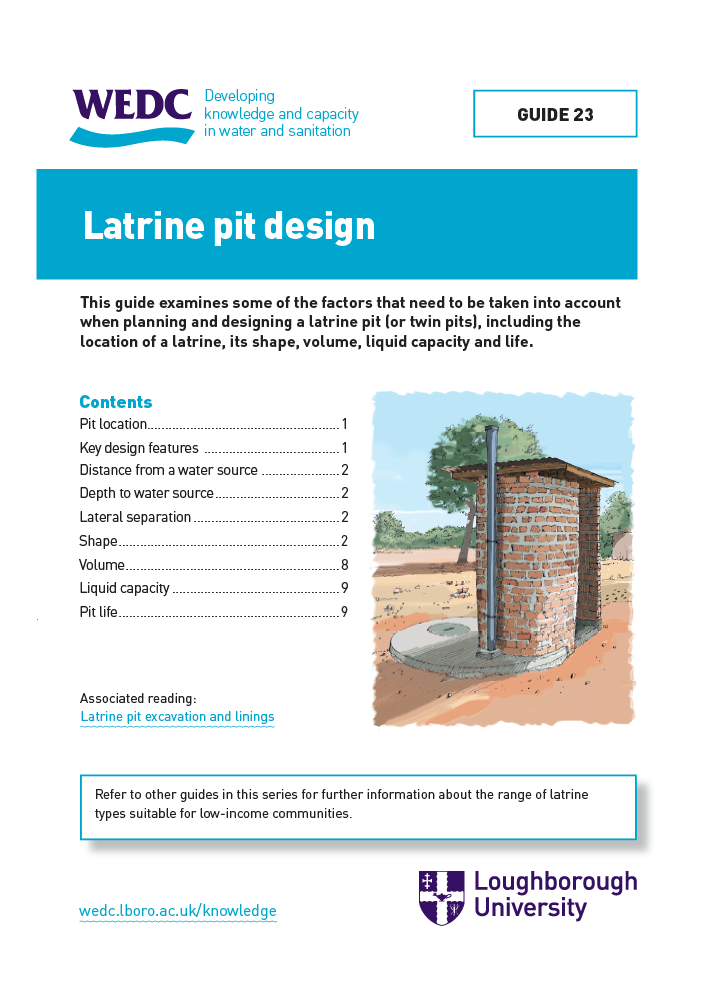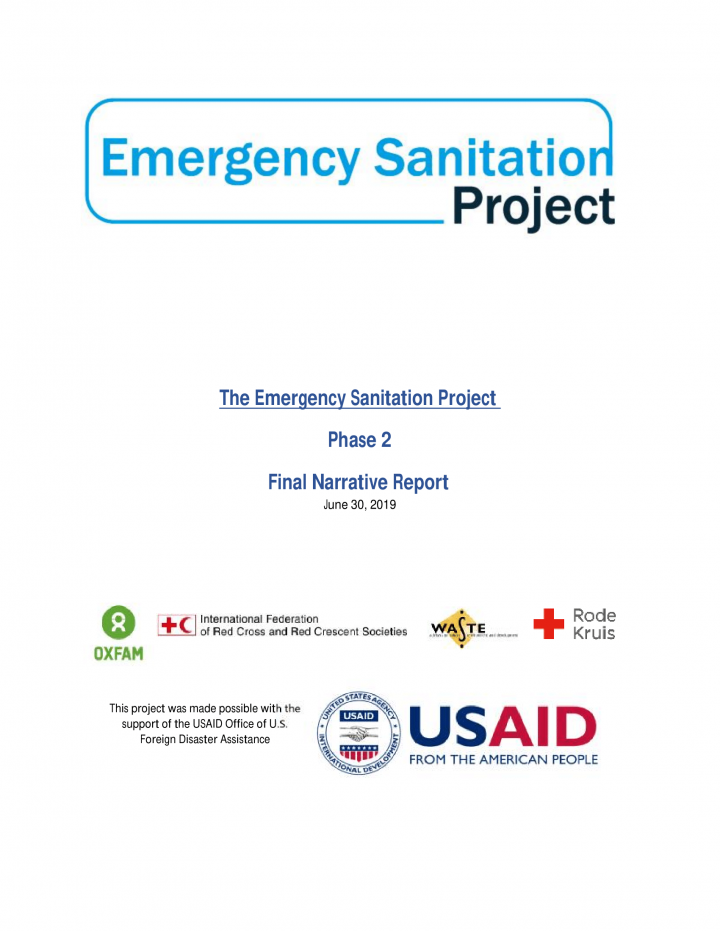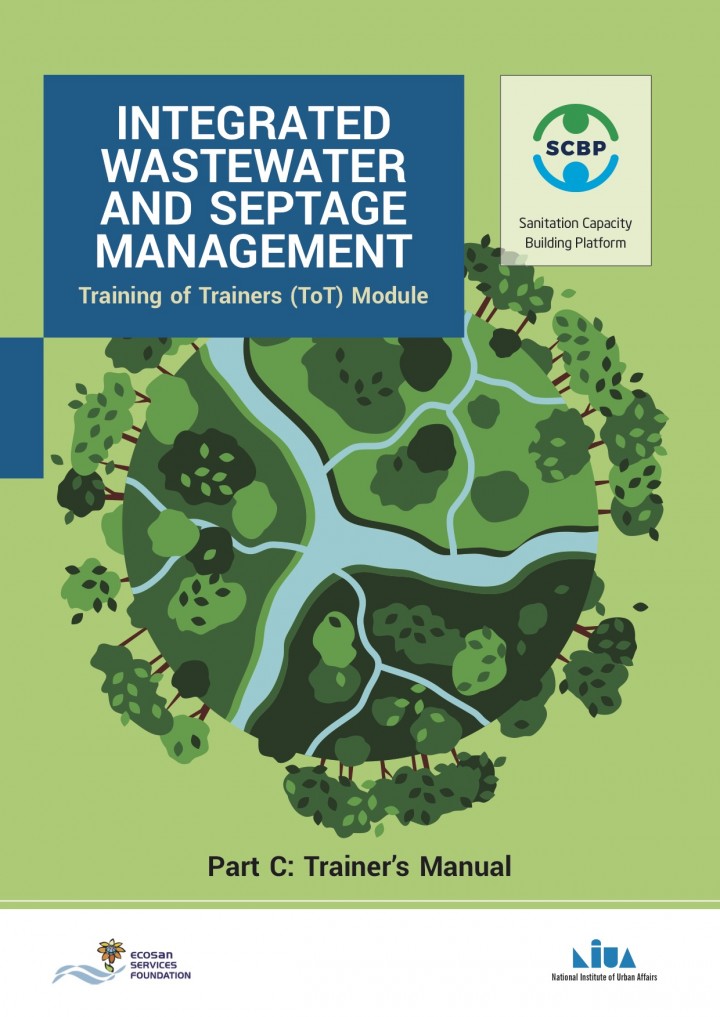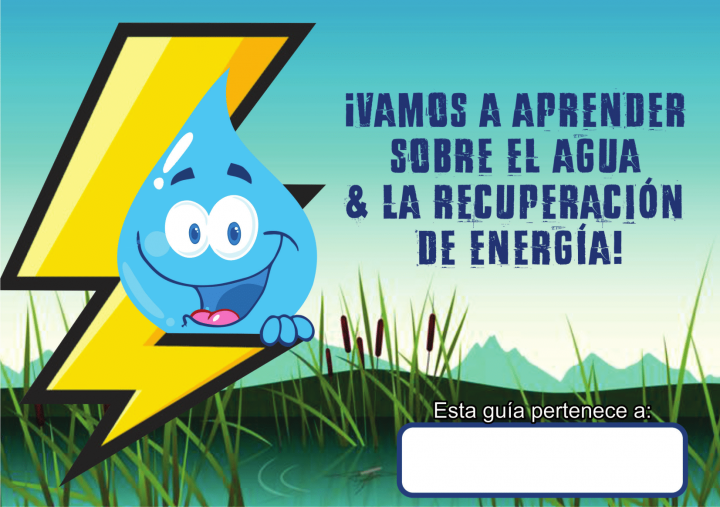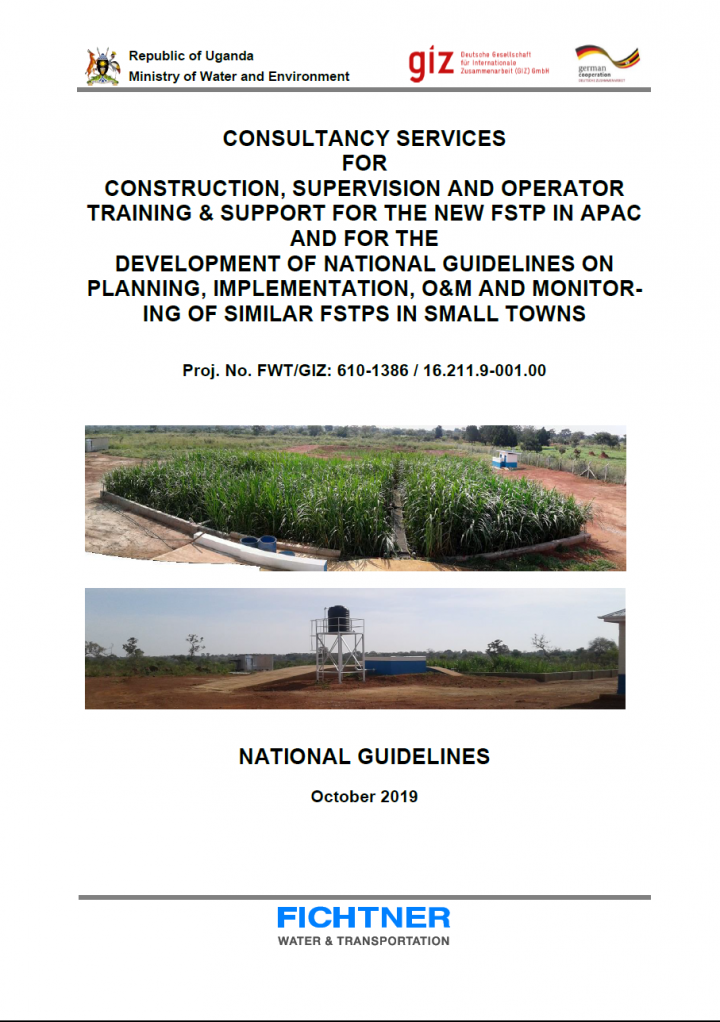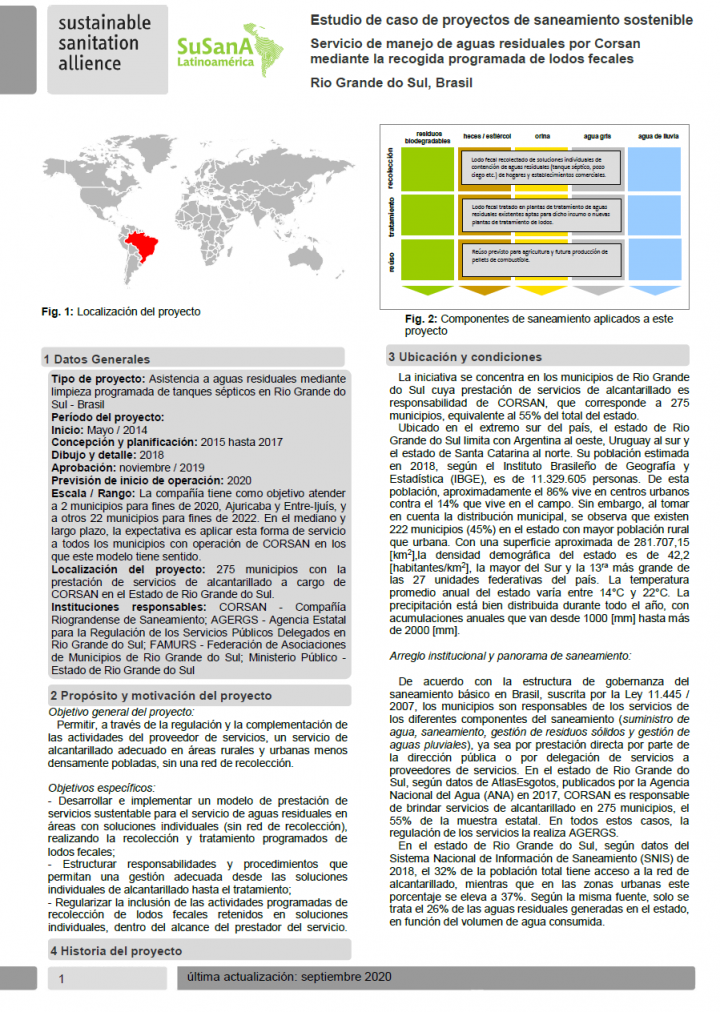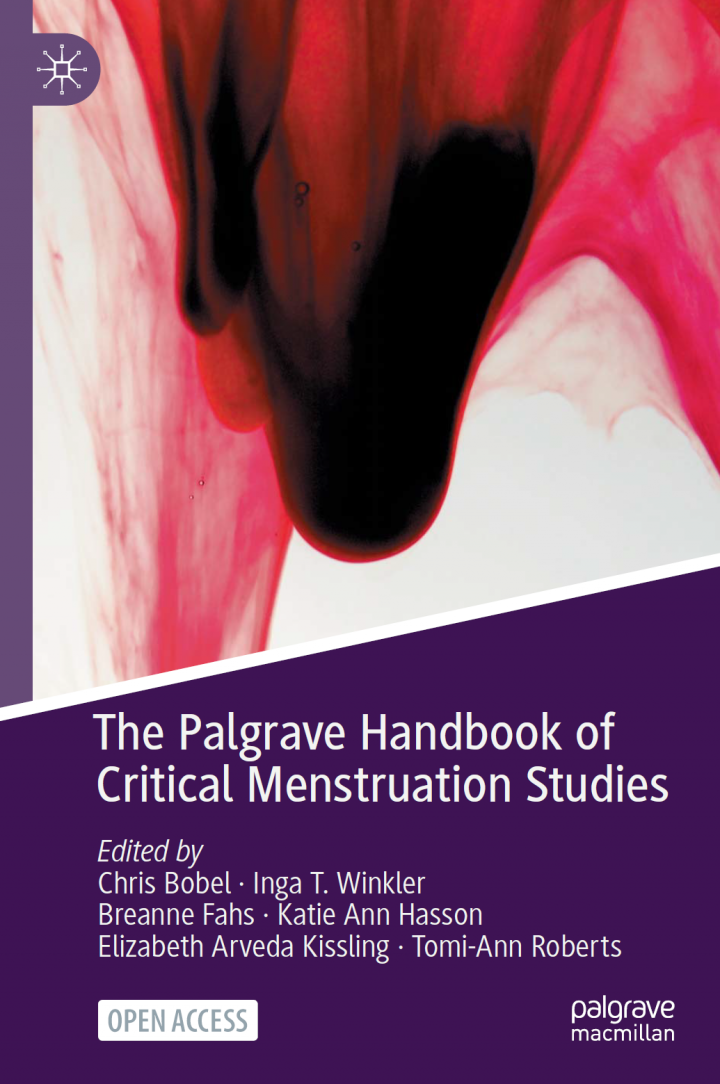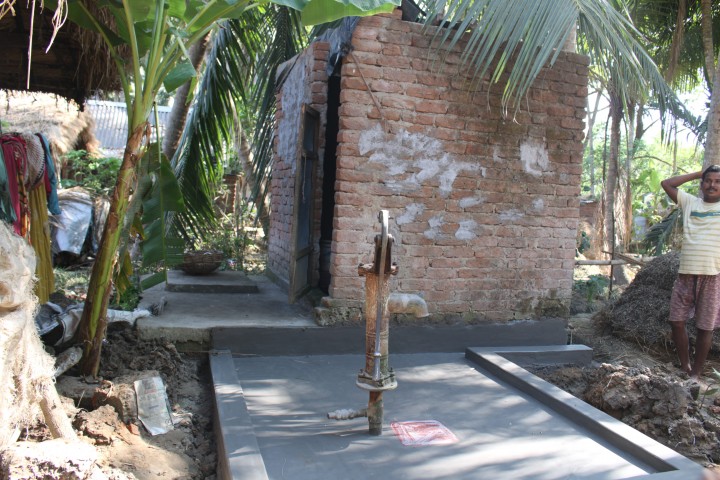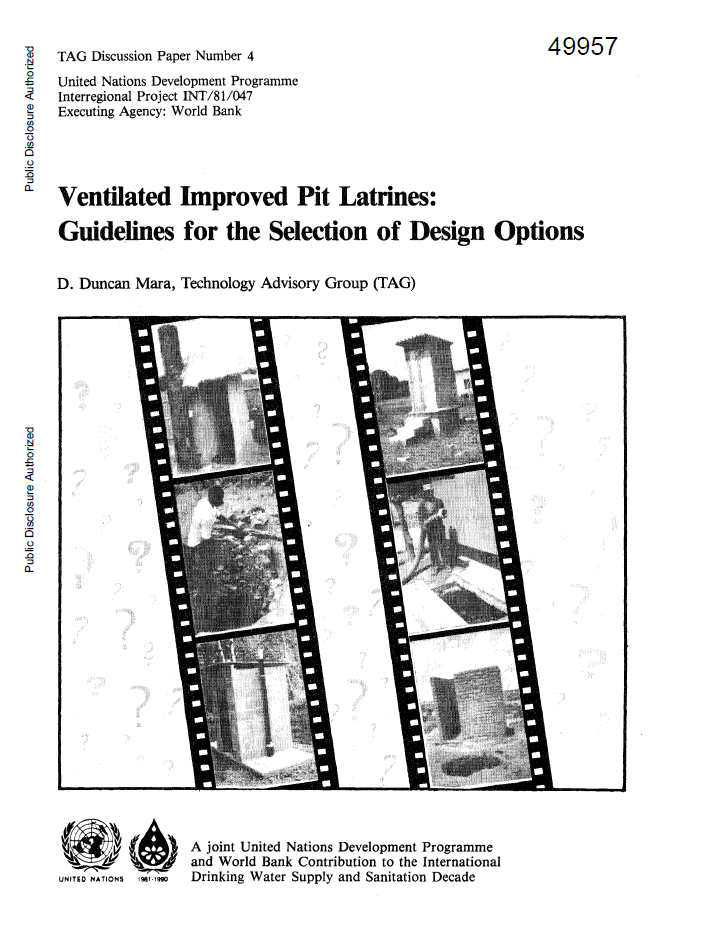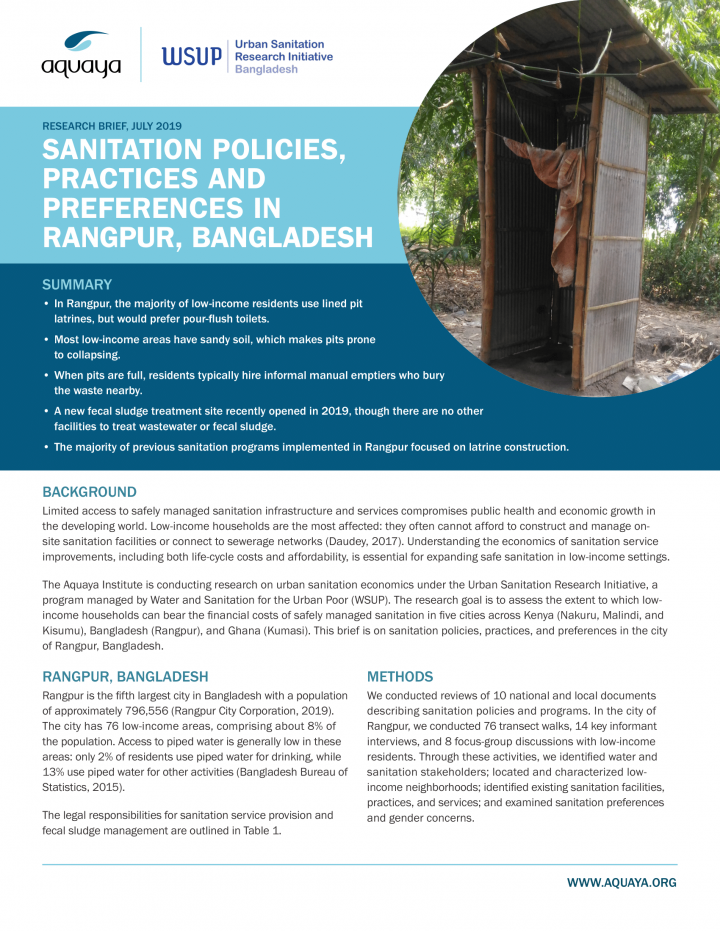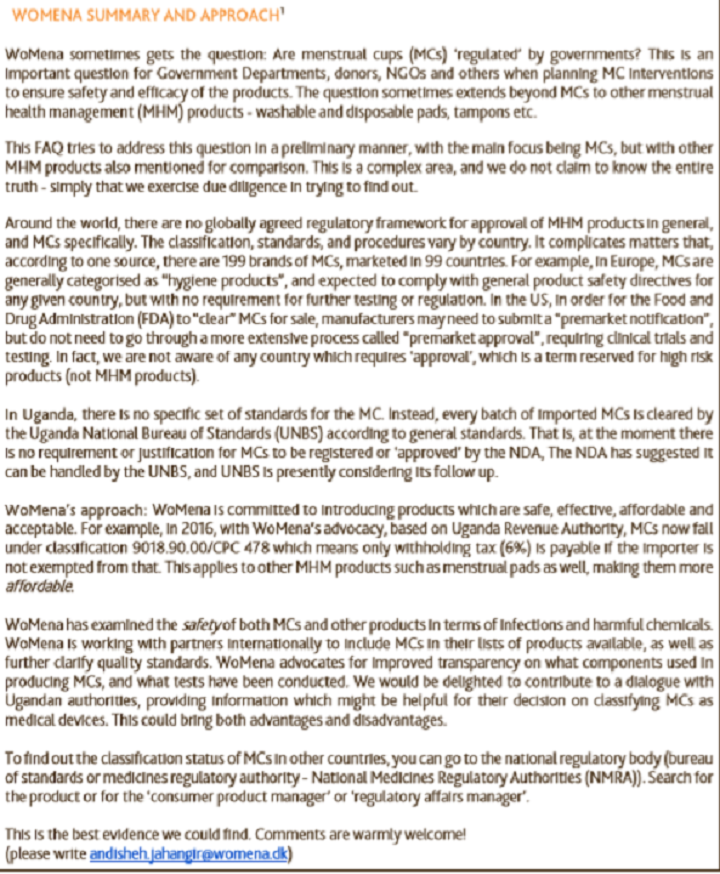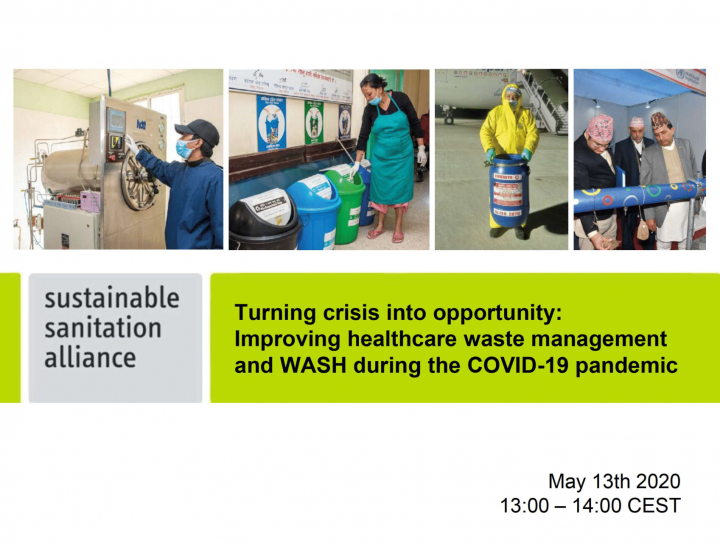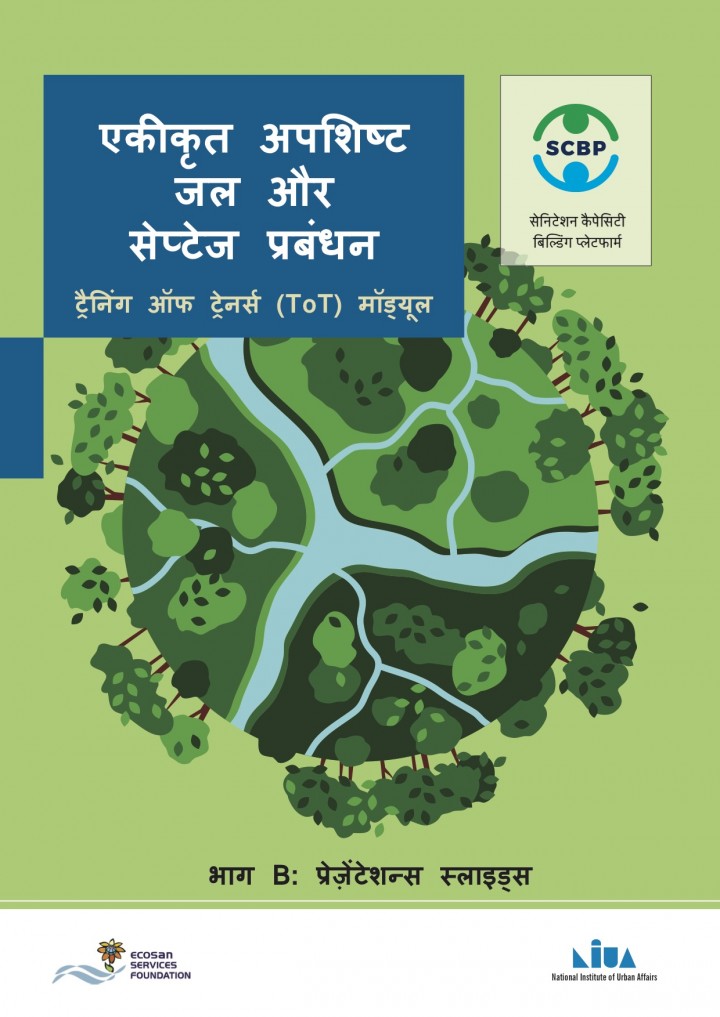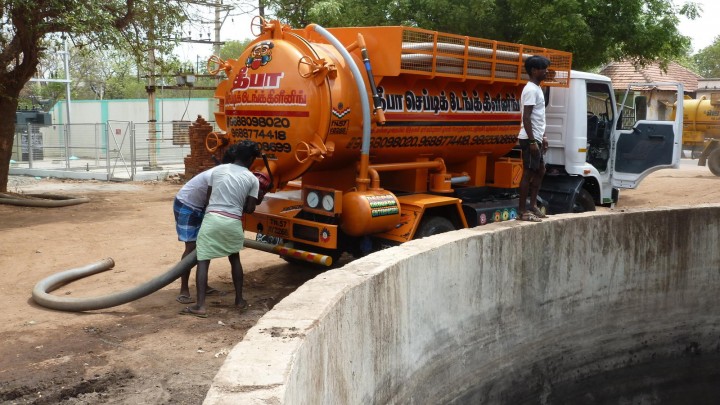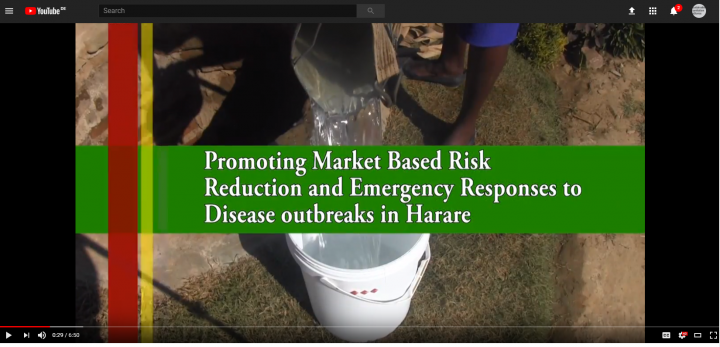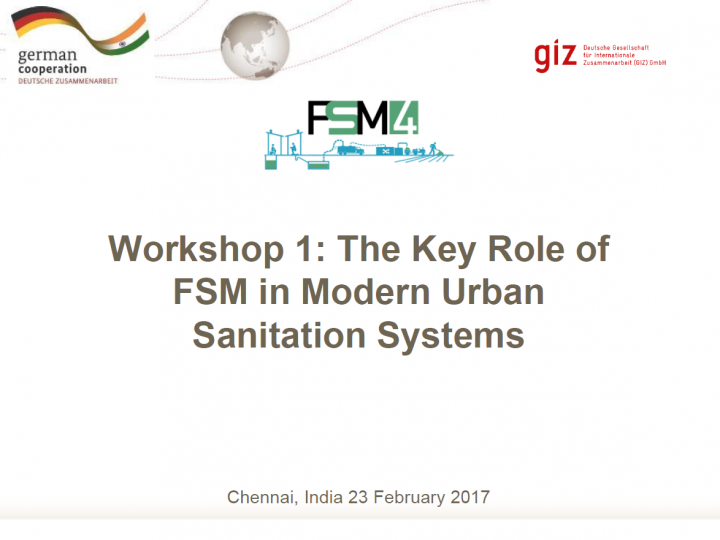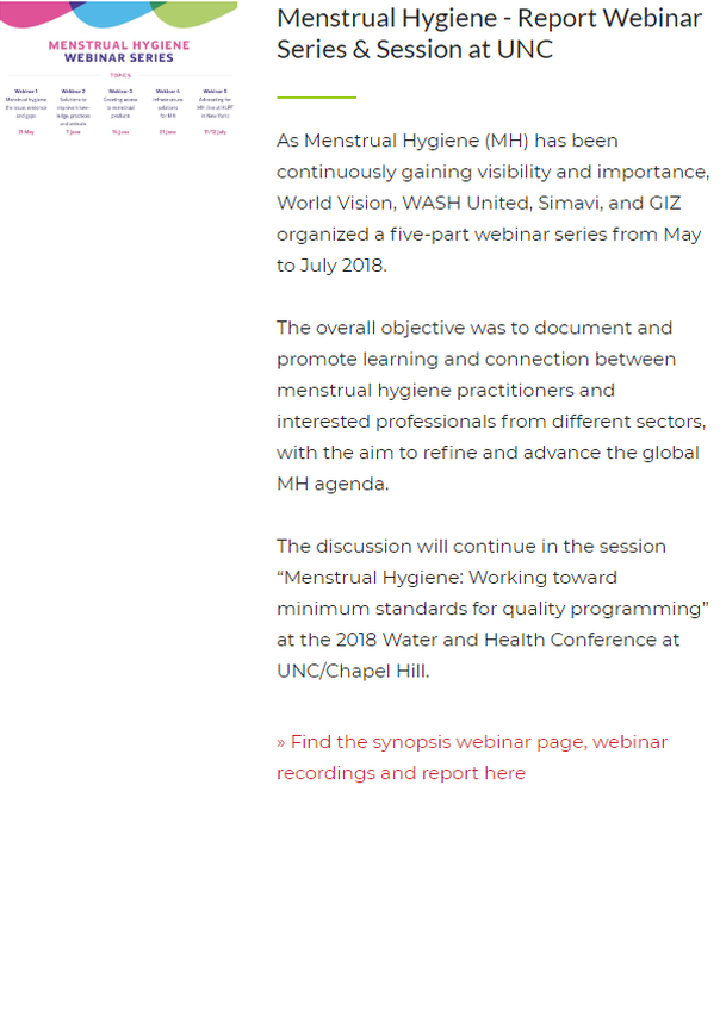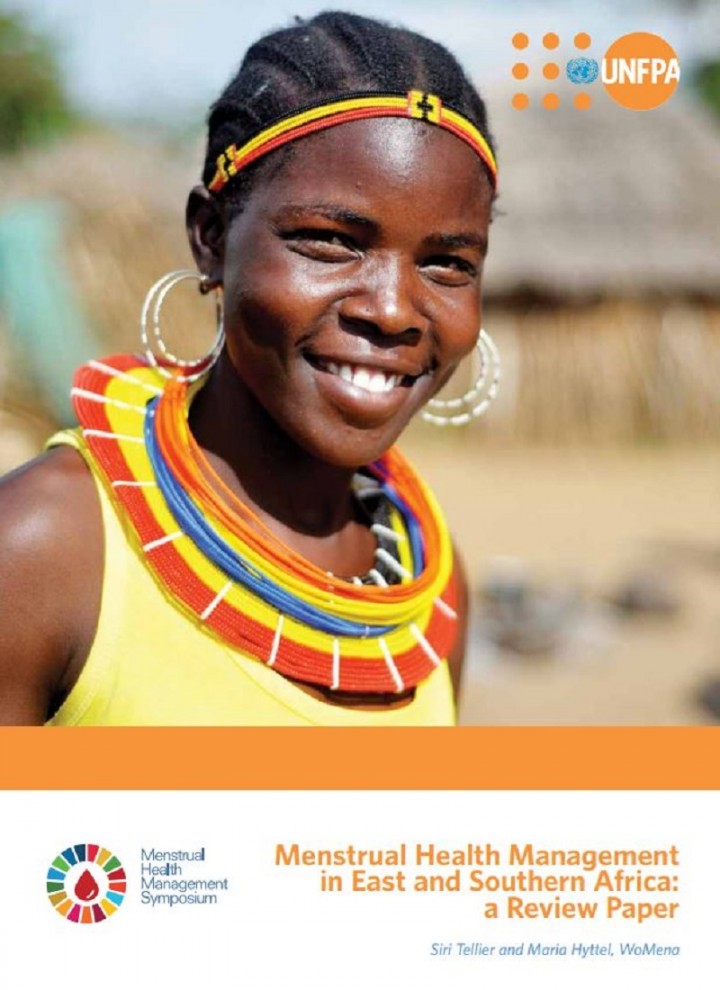Searching for information on Sanitation Workers?
The Sanitation Workers Knowledge + Learning Hub is the best source for all current news, trends, articles and updates on sanitation workers rights around the world.
The Multi-Cluster/Sector Initial Rapid Assessment (MIRA) is a joint needs assessment tool that can be used in sudden onset emergencies, including IASC System-Wide Level 3 Emergency Responses (L3 Responses). The IASC Transformative Agenda recognized the critical role of needs assessment as a basis for overall and cluster strategy development; agreed that needs assessment should be well …
Rangpur City Corporation (RpCC) is one of the twelve City Corporations in Bangladesh and is located in the Rangpur division, northern region of the country. The geographical coordinates of Rangpur City Corporation are 25.56° North and 89.25° East. Rangpur became a City Corporation from Paurashava on 28 June 2012 with an area of 205.7 km2, and is divided into 33 Wards. Figure 1 shows the …
About the Training Modules
Training Modules on decentralsid sanitation, septage and waste water have been developed, tested and delivered by SCBP during 2016-17, during training of government officials from UP, Rajasthan, MP, Telengana, Bihar, Karnataka, West Bengal, Jharkhand and Chattisgarh. These Modules have also been used in Training of Trainers(ToTs) of Amrut Nodal Agencies, Academia, …
This report describes field tests of three prototype pit latrine emptying systems, a hand operated diaphgram pump and two vacuum tankers in regular service in Africa. Numerous sludge samples were taken and their viscosities and compositions measured to establish limits for the types of sludges that can be removed by each system.
• The ASWA-II programme (2017-2022) is being implemented in eight Terai districts to eliminate open defecation and ensure the sustained use of safely managed water supplies and hygiene by people in targeted districts, especially by women and girls and persons with disability.
• At baseline, 47 out of 100 communities were externally ODF certified. However, there are challenges in sustaining …
"Productive sanitation" - a discussion with three Bill & Melinda Gates Foundation grantees. Hosted by: Stockholm Environment Institute and the Sustainable Sanitation Alliance (SuSanA) on 25 February 2014. This webinar has been recorded in 5 parts. This video clip contains Part 1, with an introduction by Arno Rosemarin.
Moderator: Nelson Ekane (SEI)
Sub-topics within the webinar:
1) Large …
Training manual on monitoring in the Sanitation, Hygiene and Water project in Indonesia.
A training of trainers for SHAW partners on performance monitoring was conducted in September 2013 in East Indonesia. The training modules developed for the TOT are compiled in one manual.
With increased urbanization and regulatory scrutiny, the ability of humanitarian agencies to use the simple pit latrine to safely manage human waste in emergencies will decline. When a latrine is not suitable, the response options become exponentially more complicated. Different toilets must be constructed. The contents must then be removed and treated. This is as complicated and expensive as it …
Integrated Wastewater and Septage Management Module
The Module provides a good understanding of the landscape of waste water and urban sanitation challenges and a conceptual understanding of waste water and septage treatment systems. The module looks at a city/town waste water and sanitation lansdcape and explore technology solutions. Part C of the Manual is for Trainers. Part A and Part B …
Educational projects on new technologies for wastewater treatment and resource recovery in developing countries are not so common. For this reason, a group of early-stage researchers developed an educational outreach tool (ODT) including a selection of these new topics for primary school students in rural areas of Peru. Tangible materials like booklets, microbial fuel cell (MFC) kits, bottle …
Summary Guidelines:
German Development Cooperation implemented by GIZ supported the Ugandan Ministry of Water and Environment in developing the National Guidelines for the planning, implementation, O&M and monitoring of small FSTPs (up to about 5,000 m³/a). It is expected that these Guidelines will contribute to enhance the cost efficiency and sustainability of FSTP investments by ensuring …
This open access handbook, the first of its kind, provides a comprehensive and carefully curated multidisciplinary genre-spanning view of the state of the field of Critical Menstruation Studies, opening up new directions in research and advocacy. It is animated by the central question: ‘“what new lines of inquiry are possible when we center our attention on menstrual health and politics …
This document draws on SuSanA’s resource base of materials and information contributed by over 10,000 members. Its authors have also conducted secondary research. It represents a consultative process with the experts and other prominent authorities in the sector. At the time of publishing, the document represented the best possible advice based on the data and experience of the group.
This Discussion Paper provides guidelines that will enable a design engineer to make a rational selection of the VIP latrine design option most appropriate to the community for which he is responsible. The designer is aiming at a technical choice that will be affordable to the householder and will give the best long-term service at the least cost. It is assumed for the purpose of this paper that …
The Aquaya Institute is conducting research on urban sanitation economics under the Urban Sanitation Research Initiative. This brief is on sanitation policies, practices, and preferences in the city of Rangpur, Bangladesh.
SUMMARY
• In Rangpur, the majority of low-income residents use lined pit latrines, but would prefer pour-flush toilets.
• Most low-income areas have sandy soil, …
WoMena Summary and Approach
WoMena sometimes gets the question: Are menstrual cups (MCs) ‘regulated’ by governments? This is an important question for Government Departments, donors, NGOs and others when planning MC interventions to ensure safety and efficacy of the products. The question sometimes extends beyond MCs to other menstrual health management (MHM) products – washable and …
On 13th of May SuSanA and GIZ (Sustainable Sanitation Programme & Support to the Health Sector Programme Nepal) jointly hosted a webinar on "Improving healthcare waste management and WASH during the COVID-19 pandemic".
With the COVID-19 pandemic, we are experiencing a rapid increase in healthcare waste. Countries and health systems are struggling to safely manage and dispose of this waste in …
Integrated Wastewater and Septage Management Module
The Module provides a good understanding of the landscape of waste water and urban sanitation challenges and a conceptual understanding of waste water and septage treatment systems. The module looks at a city/town waste water and sanitation lansdcape and explore technology solutions. Part C of the Manual is for Trainers. Part A and Part B …
Sanitation workers are a vital workforce, key to Sustainable Development Goal 6, and yet they are often denied their rights to safe work. But how can working conditions be improved, if authorities know nothing about them?
This report presents options for how to carry out a quantification and profiling through assessments of workers at city level. The report contains the suggested scope for a …
The fourth conference on developments in Faecal Sludge Management (FSM) took place in Chennai, India where the State Government recently initiated measures to address FSM with regard to policy, regulatory changes, innovative solutions, and pilots.
The conference aimed at bringing together professionals working in the sector, including utilities, service providers, cities, governments, …
As Menstrual Hygiene (MH) has been continuously gaining visibility and importance, World Vision, WASH United, Simavi, and GIZ organized a five-part webinar series from May to July 2018.
Each webinar aimed to address one of the key aspects of MH management, including evidence (webinar 1), knowledge (webinar 2), menstrual products (webinar 3), infrastructure (webinar 4) and policy (webinar 5) …
The review paper aims to identify possible linkages to SRHR-related issues, and to provide an overview of MHM policies and programs in the ESA region, with a focus on education, school and community-based sexuality education, WASH, sexual and reproductive health, workplace support and humanitarian programming, as well as opening up the discussion regarding marginalized groups of women and girls …

